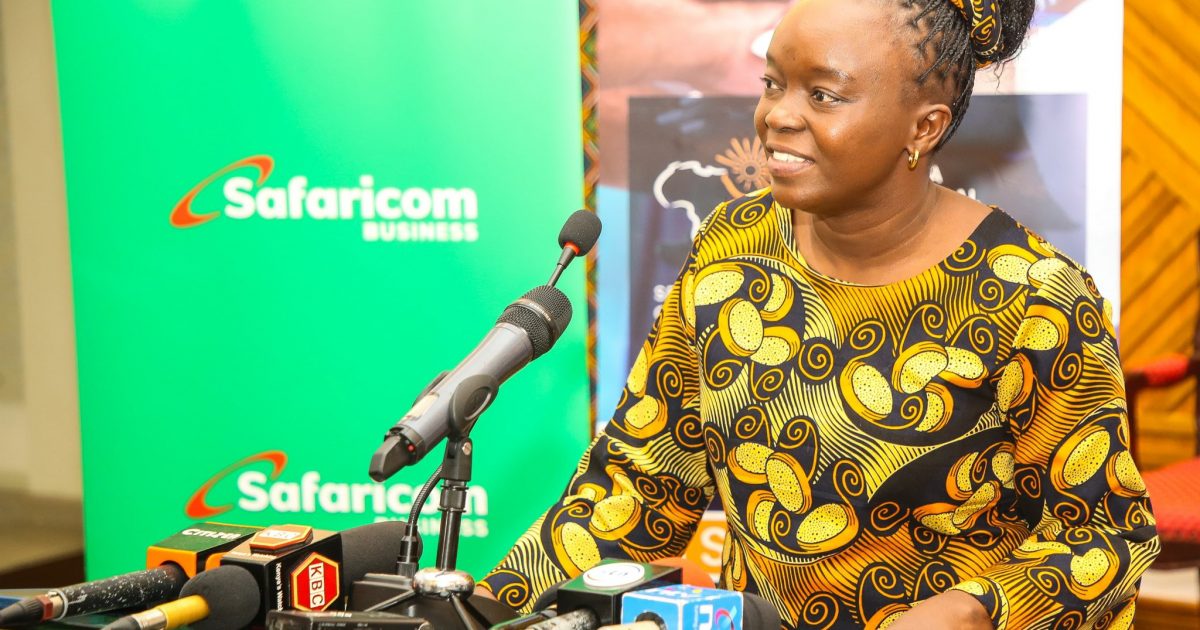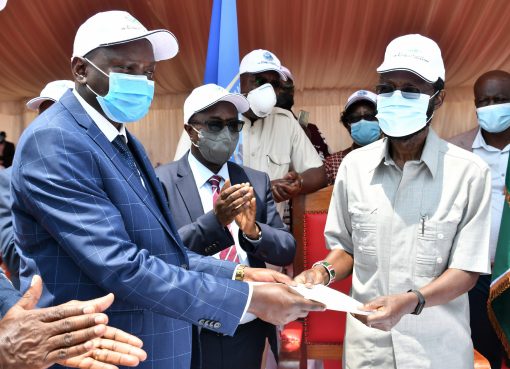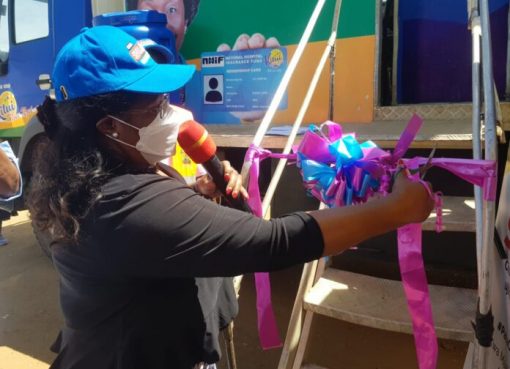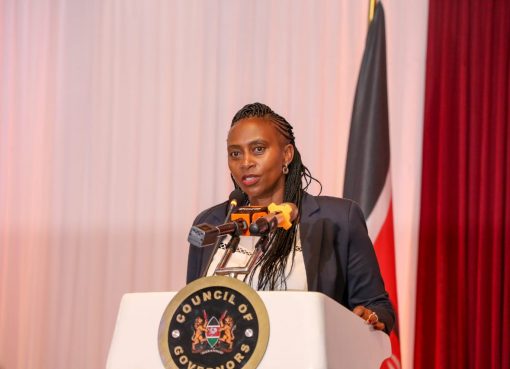In response to the recent decision by the US Government to withdraw funding and supplies of lifesaving drugs for HIV, Malaria, and TB in countries supported by the USAID, the Cabinet Secretary for Health, Deborah Barasa has emphasised the urgent need for East Africa to build a resilient health system that can withstand such external shocks.
Amid a flurry of executive orders signed by newly re-elected U.S. President Donald Trump, one of the most significant was a 90-day freeze on foreign aid and spending.
Speaking at the East Africa Region Global Health Security Summit, which had the theme ‘securing health and security ‘one community at a time’, held at Pride Inn Paradise Shanzu, the CS noted that the focus to combat this should be on creating a robust and resilient response mechanism to be self-reliant and address emerging and re-emerging infections, outbreaks, and diseases.
Barasa stressed that achieving this goal requires strengthening components of health security and ensuring the implementation of Universal Health Coverage that guarantees affordable, accessible, and quality care for all.
“Regarding the US government and what was given as an executive order, as the minister of health, I have tasked the various state departments, programs, and directors that will be affected by this so that we can map out and look at the impact in matters of Finance and Human Resources. With this, we will come up with a concrete way forward in terms of interventions that we will share with the Cabinet and the President,” she emphasized.
She also emphasized the need to strengthen healthcare infrastructure, enhance regional cooperation, and prioritize investment in local vaccine production. “we must work together to build resilient health systems that are equipped to face current and future health threats,” she reiterated.
“It is also very crucial to have a well-trained healthcare workforce and the critical role of the private sector and communities in reinforcing our health security efforts,” she concluded.
The summit which runs to January 30, focuses on building resilient health systems and ensuring sustainable preparedness for public health emergencies. Key discussions center on the role of the private sector in supporting public health agencies, particularly during emergencies, and the importance of regulatory and policy alignment to improve emergency preparedness and response.
Cynthia Kropac, Safaricom Chief Enterprise Business Officer highlighted how the continent has lived through major global crises noting that each one certainly impacted lives. She added that while each crisis was unique, they all brought valuable lessons that need to worked on to promote resilient health systems.
“We’ve lived through some major global crises in our lifetime, and each one certainly impacted how we live, think, and act. While each crisis was unique, they all brought valuable lessons making reference to the Mad Cow Disease, SARS, Ebola, and of course COVID-19”, explaine Kropac.
However, the Chief Enterprise Business Officer highlighted the important lessons learnt from all these outbreaks. With top priority is the importance of Preparedness and Early Action, Science and Innovation tools to address pandemics. The development of vaccines for Ebola and COVID-19 in record time proved the power of medical research.
Additionally, she added that during the COVID-19 pandemic, we experienced a vulnerable and overwhelmed healthcare system across the globe. This underscored the importance of investing in public health infrastructure
“Resilience and Adaptability are perhaps the most powerful lessons we’ve learned from past crises. To anticipate challenges before they arise, equipping ourselves with the tools and knowledge to withstand and overcome, and once we’ve navigated through the storm, incorporating what we’ve learned from the experience, and refining our approach for the future,” Kropac added.
She further highlighted that Safaricom is working to digitize hospital management systems across all counties and levels of care including at the community health level.
By Fatma Said





